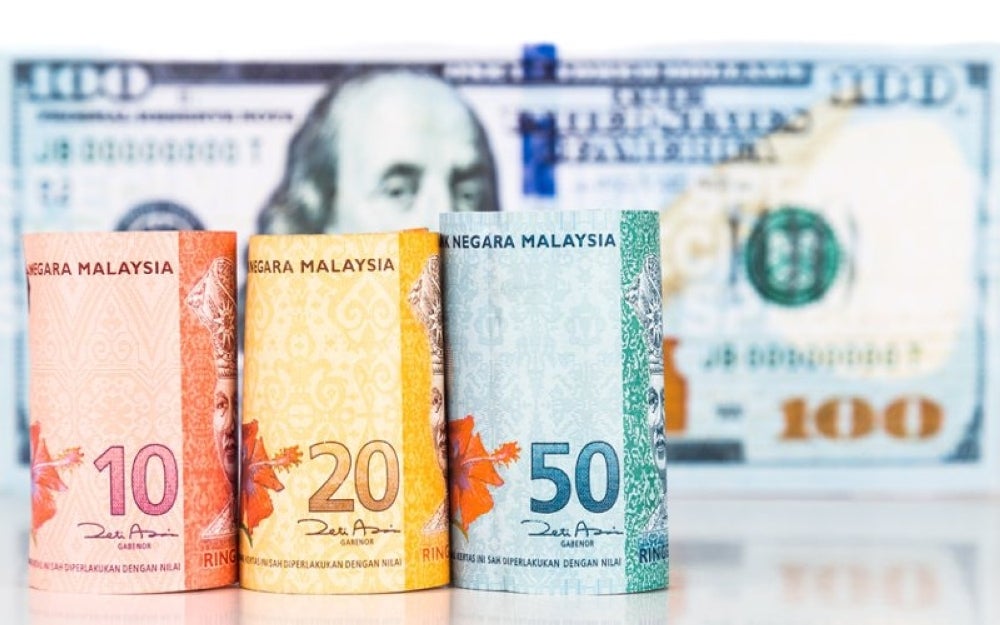Pegging RM will not work for long term, experts say
Hajar Umira Md Zaki
SHAH ALAM - Pegging Ringgit Malaysia (RM) can overcome inflation, but it will not work in the longer term, say experts.
Universiti Tun Abdul Razak (UniRazak) Economist Professor Dr Barjoyai Bardai said the country could limit import inflation if we could have a higher exchange rate.
“However, it is actually based on an argument where our currency rises and the import price remains the same.
“If our currency remains firm, then the import price will be relatively cheaper and we can bring down the price.
“Nevertheless, yes, we can turn down the price by pegging the RM, but the problem won’t be resolved as the inflation we faced is on the food prices,” he said.
In the matter of increasing the subsidy to Malaysians, Dr Barjoyai said Malaysia’s inflation rate was supposed to hit 11 per cent, but now it was at 3.4 per cent as covered by the subsidies from petrol and cooking oil.
“Six per cent of the inflation rate has increased in a month from 2.8 per cent, meaning that it was targeted for a short measure, we cannot totally prevent inflation.
“Hence, yes I agree that it could overcome inflation but it would not work in a longer period,” he said.
However, Universiti Putra Malaysia (UPM) Putra Business School economic analyst Associate Professor Dr Ahmed Razman Abdul Latiff had a different opinion as he disagreed with pegging RM in the market.
“The situation now is different and we don’t have the capacity to maintain such pegging as it will be very costly.
“What we need to do is continue to strengthen our domestic economy and boost our exports and at the same time reduce our dependency on imported products and services,” he said.
Apart from that, Dr Razman said there would be a time when the government could not give more subsidies to the Rakyat.
He added, that most likely it would shift to targeted subsidies, but the government ought to be careful as the inflation would be higher and the targeted groups would have to bear the higher cost of living.
As for UPM School of Business and Economics Associate Professor Dr Fakarudin Kamarudin said he also disagreed to peg RM but agreed with the suggestion to give more subsidies to the people.
“Government should have increased the subsidies and not reduced it, for example, the supplier, seller and manufacturer will impose a higher price rate for the consumer.
“Moreover, by pegging the RM, Malaysia will be exposed to a higher risk because of the unstable interest rate of USD where it was expected to increase by this year.
“Hence, due to the higher interest rate, the higher cost also will be borne. This will have a negative impact on the country’s reserves which will cause the use of huge reserves,” he said.
It was reported that two-time former premier Tun Dr Mahathir Mohamad said the government needed to take the initiative as shown by the United States (US) government during the US financial crisis in 2008 when they spent a massive amount of money to aid their people to cope with the rising cost of living.
The 97-year-old Langkawi MP asked for the value of the RM currency to be redefined (tethered) by the government and no longer based on the open market determination.
Dr Mahathir was commenting on the implications of the economic crisis and hyperinflation faced by Malaysia and the rest of the world at the moment, which led to more than 34 million Malaysians caught in the issue of the rising cost of living.
He also revealed that the country still has a high treasury reserve that accounted for 40 per cent of Malaysia’s Gross Domestic Product (GDP) value stored annually, which he suggested could be used to provide a subsidy for the people and would not be a liability for the country due to it being a treasury reserve.













